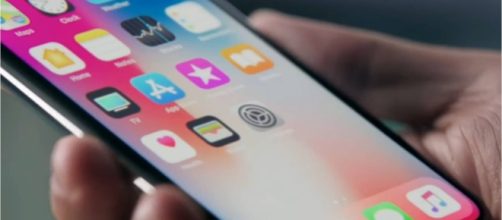Noted KGI analyst Ming-Chi Kuo believes Apple’s focus on Face ID will drive Android handset makers to adopt a similar technology. As a result, suppliers and manufacturers of facial recognition systems will experience high growth for the coming three to five years. Recent reports have suggested that Cupertino-basedApple may drop Touch Id altogether.
Is it the end for Touch ID?
Fans are eagerly waiting for the iPhone X to arrive. A lot is depending on the $1,000 smartphone as owners will be able to experience Face ID. If this technology is able to provide a positive experience, it could well be the end for Touch ID.
Furthermore, all 2018 iPhones may adopt the Face ID technology.
Kuo states that the TrueDepth camera is capable of delivering numerous innovative applications. Face ID is one such application made possible by the camera. therefore it is likely that all 2018 models will support Face ID and adopt the TrueDepth camera. However, if the technology fails to impress, Apple may choose to maintain Touch ID in certain handsets only.
Apple was rumored to be creating sub-display fingerprint recognition systems for the iPhone X. However, it did not come to fruition. While the authenticity of such reports is questionable, Apple must address the technical issues of a Touch ID system that can work underneath an iPad or iPhone display.
Touch ID and technical issues
If the Touch ID is maintained in certain models, Apple may focus on developing an under-display solution that will be adapted to devices having high screen-to-body ratios. The form factor of iPhone X is a prime candidate for this inclusion, writes AppleInsider. However, the smartphone-maker will still have to find solutions to certain technical issues.
As Kuo notes, modern iPhones use a 3D Touch technology that results in a sandwich of internal structures. This is not conducive for fingerprint scanning. Current iterations of this technology integrate a very rigid metal conducive plate, which is a part of a layered sensor design. Other smartphone makers are in a better position than Apple in this regard.
They can easily include an embedded fingerprint biometric solution in their handsets. On the other hand, Apple must find a way to work with similar technology using the 3D Touch stack. There were talks of the company aiming for an integrated Touch ID module in iPhone X. It was also rumored that Apple was developing a thin film sensor for the OLED iPhone.
Some tech people claim that due to technical snags, Apple developed Face ID as a complete Touch ID replacement. It remains to be seen what the future holds for Touch ID.


